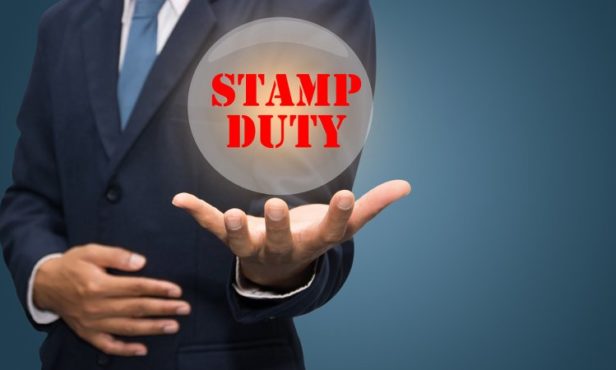George Gee is commercial director at Foundation Home Loans
When we look back at 2020 from a buy-to-let/private rental sector (PRS) perspective, I wonder if all the focus on the stamp duty holiday – and its availability for landlords – won’t be seen as something of a red herring.
Clearly, there are landlords in the country who will look upon the ability to save thousands of pounds in stamp duty payments as a welcome bonus, and I don’t doubt that a significant number may well have brought forward purchases they were going to make in order to secure the saving.

Mark Harris: Still time to meet stamp duty deadline
However, the important words within that previous paragraph are ‘purchases they were going to make’ because in reality, even the maximum £15,000 upfront cash saving is likely to be some way down the list of priorities for landlords, and a long way behind the fundamentals of investing namely yield, profitability, and the potential for capital growth over the long-term.
Add in stamp duty savings, increased tenant demand, regional benefits, and the like, and your clients will have a fairly compelling argument for purchasing right now, but it is only with a focus on those true fundamentals that a decision to buy should be made.
The good news is that, for those landlords who are already active in the PRS, they are working from a position of relative strength, and the more negative predictions – made earlier this year – of what might befall the PRS/landlords/tenants, as yet, have certainly not turned into reality.
If anything, we’ve seen a much stronger PRS foundation being built over the last few months, albeit with the ongoing uncertainty that we are all dealing with.
As mentioned, however, this is still a sector founded on continued profitability and the ability to secure yield.
The recent landlord survey results from BVA BDRC show that, for most landlords both profit and yield are in positive territory, which is perhaps giving them the confidence to look at how they might add to portfolios and whether now is the time to do that.
The survey revealed that 86% of landlords are making a profit on their portfolios, and just 3% said they were making a loss, although this does rise to 8% for those who only own a single property.
Again, perhaps not surprising to learn that those with multiple properties are more likely to be profitable given they have the depth of portfolio to be able to absorb specific issues in a small number of their properties.
Strong levels of yield in most areas of the UK are also no doubt making further investment more attractive, and helping landlords maintain that all-important profitability.
The BVA BDRC survey suggests that average UK yields are stable at 5.7%, with those active in Wales achieving more (6.6%) and those in Central and Outer London not reaching that mark (4.7%).
Again, those landlords with large portfolios tend to earn greater levels of yield, with single property investors securing 4.1% versus 7.2% for those with 20-plus properties.
It’s also not surprising to see portfolio players more likely to be investing in HMO properties, given the higher average rental yields they can secure (6.9%) compared to other property types.
With a good level of profit, and an eye for investment within properties that can secure greater yield, one has to believe that the PRS will remain a strong investment area for portfolio landlords, although – as stated – we might well see smaller landlords also attempting to grow their level of investment in the months ahead.
And if there is an extension of the stamp duty holiday – as many are lobbying the government for – then we could see a sustained improvement in purchase activity over the coming months.
That decision has however not been made yet, and advisers with landlord clients wishing to invest would need to factor in the growing timescales for getting a property purchase through to completion.
The fundamentals of being active in the PRS remain as they have done for many years – to continue investing and growing portfolios, with landlords focused on yield and the profit they can secure.
Putting to one side almost, the distracting short-term vagaries of the market, even a stamp duty holiday. If that property does not seem profitable, a stamp duty saving is not going to make it so.
Advisers can support their landlord clients and highlight the mortgage opportunities that can help on the profit/yield side, but also give that difficult advice if the borrower appears to be purchasing for the wrong reason, or the figures simply don’t add up.
For the right borrower, quality mortgage products at competitive prices will help, and we can certainly support advisers with these.

